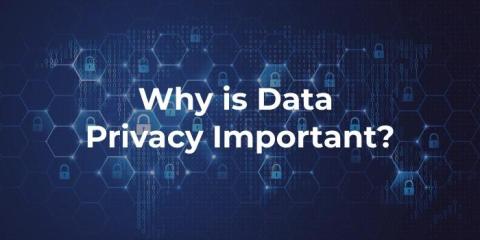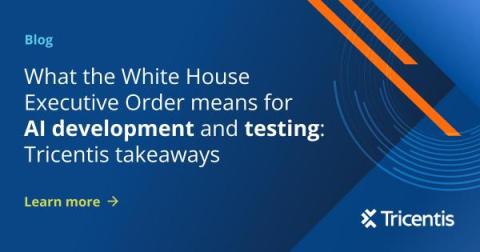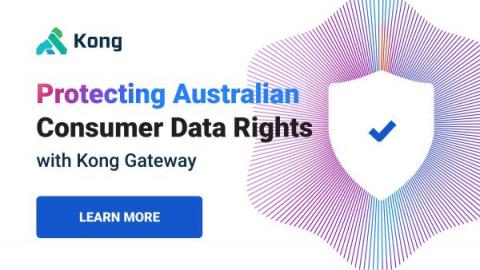Systems | Development | Analytics | API | Testing
Legislation
What is Data Privacy-and Why Is It Important?
What the White House Executive Order means for AI development and testing: Tricentis takeaways
On October 30, 2023, President Joe Biden issued a landmark Executive Order on Safe, Secure, and Trustworthy Artificial Intelligence (AI). The Executive Order represents a comprehensive statement of intent for AI regulation, mandating transparency from firms that use AI and establishing safety and security standards. Moreover, it compels AI developers to disclose the outcomes of safety evaluations to the U.S. government, especially if the results indicate a potential threat to national security.
Implications of the AI Executive Order for Government Procurement Systems
Artificial intelligence holds the potential to enhance efficiency, streamline processes, and improve decision-making across various government sectors. But without robust safeguards, there is a heightened risk of biased decision-making, privacy breaches, and misuse of sensitive data. The Biden administration’s AI executive order establishes new standards for AI safety and security as well as for responsible use of AI at federal agencies and in state and local governments.
Sarbanes-Oxley Act Violations as a Catalyst for Payment Testing
7 reasons why your business needs a criminal defense lawyer
4 Years Ago, the GDPR Changed Everything. Now What?
The EU’s General Data Protection Regulation is approaching its 4th year anniversary since it was implemented in May 2018. Since its inception, it has been hailed as a groundbreaking framework for making users’ rights on the Internet a human right. Its impact in many other markets has been undeniable and it truly has affected how the world of the Internet works, even outside EU borders.
GDPR Prevails: Google Analytics Running into Trouble in the EU?
Almost 6 years ago, the European Union’s General Data Protection Regulation (better known for its acronym, GDPR) changed the world of personal data protection forever. The groundbreaking ruling has since been replicated, albeit with changes, in over a dozen other markets.
Protecting Australian Consumer Data Rights (CDR) with Kong Gateway
This post highlights how you could use Kong Gateway to implement a solution for the Australian Consumer Data Standards (CDS), which is part of the Consumer Data Right legislation introduced by the Australian Government in November 2017. As detailed on the Australian ACCC website: CDR will give consumers greater access to and control over their data and will improve consumers’ ability to compare and switch between products and services.











